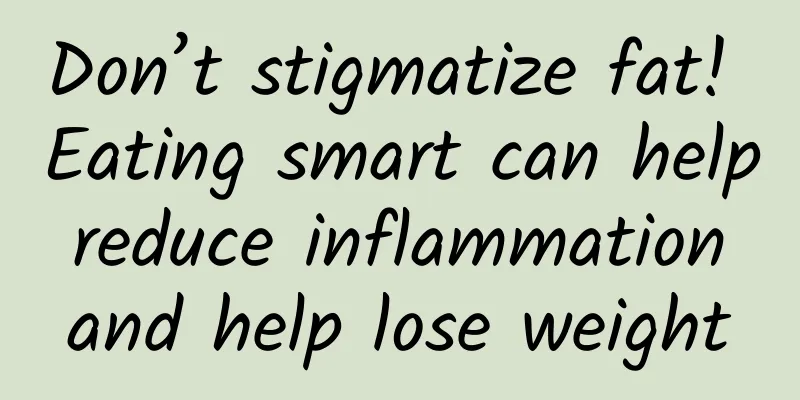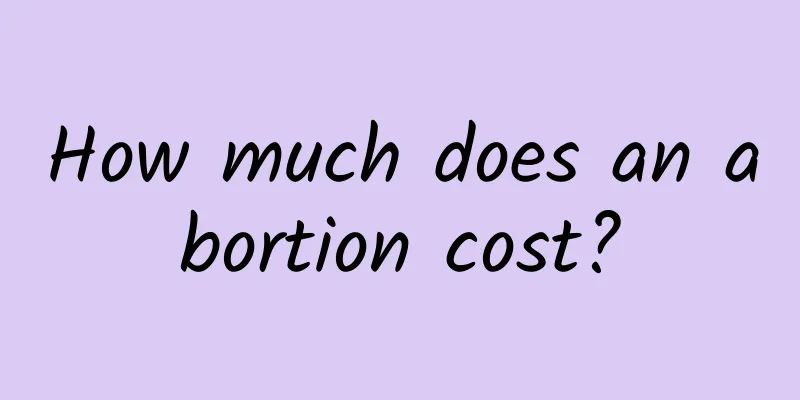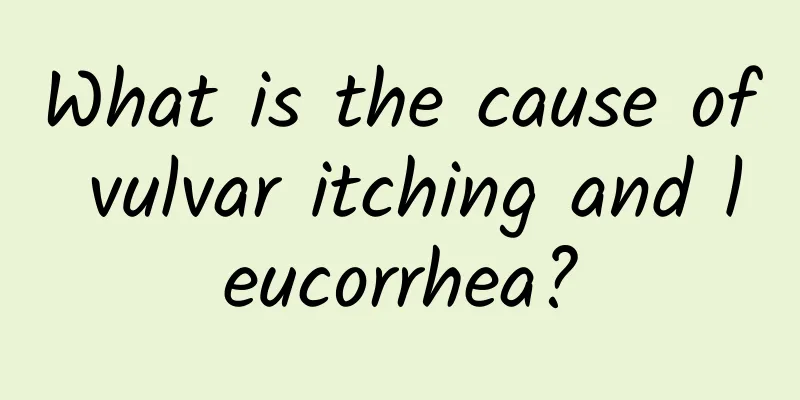Don’t stigmatize fat! Eating smart can help reduce inflammation and help lose weight

|
Fat, fiber, and protein, with a little spice on the table—together, they're a powerful, natural recipe for weight loss and health. Now let's take a closer look at each aspect of Smart Fat Loss so you can better understand the role they play in controlling your weight, staying slim, improving your health--and saving your life. Smart fat in action Fat can make you thin, and controlling your weight can keep you healthy. There are some complex (biochemical) reasons behind this simple fact, but don't worry—we'll make it easy to understand. If you don't need to lose excess weight, congratulations; you can still gain many benefits from Smart Fat Loss, including a reduced risk of various diseases. Smart fat loss can help you turn back the aging clock. Whatever your goal, there are two important physiological reasons why adding smart fats to your diet can produce the results you want: 1. Smart fat reduces inflammation. Inflammation is at the root of nearly every degenerative disease and a huge roadblock to lasting weight loss. 2. Smart fats can balance your hormones. If your hormones are out of whack, it's nearly impossible to lose weight or get truly healthy. How smart fats break the inflammatory chain reaction Eating good dietary fats triggers positive biochemical reactions in our bodies that reduce disease-causing, obesity-promoting inflammation. Don't underestimate the damage chronic inflammation can cause. When most people think of inflammation (inflammato, Latin for "I ignite"), they imagine a rash or swollen joints. Do you have a periodontal abscess? Do you have a skin rash? Is your back extremely itchy? Those are all inflammations—at least the kind that most people are familiar with. Inflammation is the body's response to injury (your sprained ankle swells like a balloon and throbs) or infection (the skin around your broken knee swells and itches). Your body correctly senses that it's under attack, and in an effort to contain the damage, the immune system launches a counterattack. If you get pricked, your body sends fluid to the area and surrounds it with white blood cells, which prevent microorganisms from entering and causing infection. Nearby vascular tissue shifts into high gear, attempting to protect the body by expelling the enemies—everything from bacteria to damaged cells. This type of inflammation is called acute inflammation. We are all familiar with acute inflammation because it is so painful that it is impossible not to feel it. But we are talking about a very different kind of inflammation here. Inflammation, which causes or contributes to every degenerative disease known to man, even potentially fatal ones, is a completely different phenomenon. This far more dangerous form of inflammation is called chronic inflammation, and while it can cause untold damage to our bodies over our lifetimes, it mostly stays below our pain threshold. Like high blood pressure and diabetes, chronic inflammation has no obvious symptoms (although it can be measured with a test called high-sensitivity C-reactive protein (hs CRP)), but it can damage the vascular system, organs, brain, and body tissues. It slowly erodes your health and gradually destroys your anti-inflammatory defense mechanisms. It can lead to heart disease and cause cognitive decline and memory loss. Even obesity and diabetes are closely related to inflammation because obese cells are factories of inflammatory chemicals. In fact, inflammation may be the key link between obesity and all the diseases that obesity increases your risk of developing. When your joints are chronically inflamed, you are not far from developing degenerative diseases such as arthritis. Inflammation of the lungs can lead to asthma and other respiratory problems. Brain inflammation is associated with Alzheimer's and other neurological disorders, including "brain fog" and everyday memory lapses—things we shrug off as normal aging, but these memory errors are by no means inevitable. These are the inevitable consequences of inflammation, which sets your brain on fire and causes those "I forgot where I just parked the car" moments to occur more frequently and prematurely. Inflammation of the arteries may be a precursor to a heart attack. Chronic inflammation is also thought to be closely linked to many types of cancer; it can induce harmful changes at the molecular level that lead to the growth of cancer cells. Inflammation is also a major culprit in the process of cellular aging and breakdown, a phenomenon some health authorities have begun calling "inflammatory aging." That’s because inflammation actually accelerates aging, including the visible signs of aging we see in our skin. Besides making us sick, chronic inflammation can make lasting weight loss more difficult than it actually is. Obese cells continually produce inflammatory proteins called cytokines, which promote more inflammation, which in turn prevents the cell's energy-making structures, the mitochondria, from doing their jobs effectively, just as heat waves affect the production capacity of an un-air-conditioned factory—productivity continues to decline in the heat. One of the mitochondria's jobs is to burn fat: Inflammation interferes with the mitochondria's ability to do this job, making it harder to burn fat and making weight loss impossible. Many people who try to lose weight may have good luck at first, but after a while, the number on the scale stops moving. This much discussed weight loss "plateau" is often the result of this cycle of inflammation and fat storage. And here's the worse news: Increasing exercise or reducing calorie intake in order to break the plateau will certainly have some effect on weight loss, but the effect is limited, and sustained weight loss will become more difficult to achieve. Why? Because inflammation reduces our ability to burn calories normally. (We'll tell you about other factors that contribute to this plateau in Part 2 of this book—and how Smart Fat Loss can help you overcome them.) Remember, a little inflammation is a good thing; it is part of the body's natural healing response, helping us recover when we are sick or injured. But when inflammation becomes unchecked—which is the definition of chronic inflammation—be careful! So, how do we stop inflammation from continuing to harm our health and make lasting weight loss impossible? Simple: Strengthen our body's anti-inflammatory army. And it all starts with eating anti-inflammatory foods, especially smart fats. This article is from Crown Culture's "Smart Fat" |
>>: Get rid of metabolic syndrome and take action! Do 4 exercises to slim your waist
Recommend
What are the precautions after acupuncture for irregular menstruation? Strengthen nursing work
Things to note after acupuncture for irregular me...
Dietary considerations for women after abortion
After an abortion, women are physically weaker an...
Obesity is caused by poor circulation! Doctor: Massage 3 acupuncture points and drink fat-reducing and blood-stasis-removing tea
"Doctor, I don't eat much and I exercise...
Eat salmon salad + coffee to increase metabolism and burn fat
I often hear people who are trying to lose weight...
Can I have a painless abortion in three months?
It is generally not recommended to have painless ...
After returning from the plateau, menstrual disorders
After returning from the plateau, menstrual disor...
How to treat multiple ovarian cysts? Can you get pregnant?
Polycystic ovary syndrome is a common disease in ...
Is abnormal leucorrhea a big deal during pregnancy?
Abnormal vaginal discharge during pregnancy may i...
Can pelvic effusion turn into cancer?
Pelvic effusion is not unfamiliar to women, becau...
It’s easy to get fat in summer. What can you eat to lose weight quickly? Nutritionist Li Wanping reveals: 15 special foods for weight loss
Summer is extremely hot, and cold sugary drinks o...
What is the B-ultrasound for adenomyosis?
What ultrasound should be done for adenomyosis? B...
How to prevent vulvar leukoplakia?
I remember someone said that happiness lies first...
Brief analysis of the symptoms of different types of adnexitis
In the course of adnexitis, the symptoms of diffe...
What are the effects of congenital absence of vagina on the body?
Although the causes of congenital absence of vagi...
Treatment of congenital absence of vagina with Chinese medicine bath fumigation
Countless women are likely to suffer from congeni...









